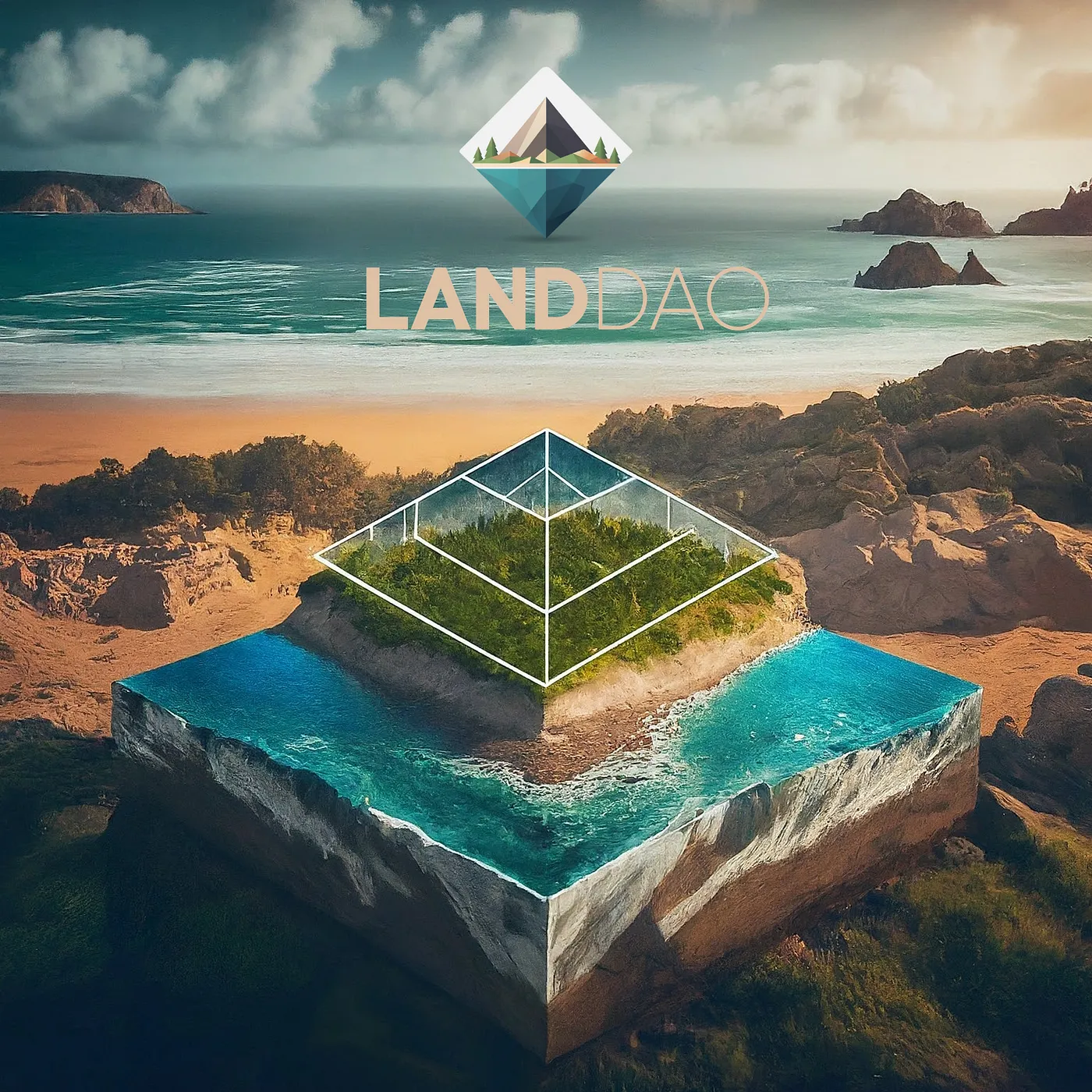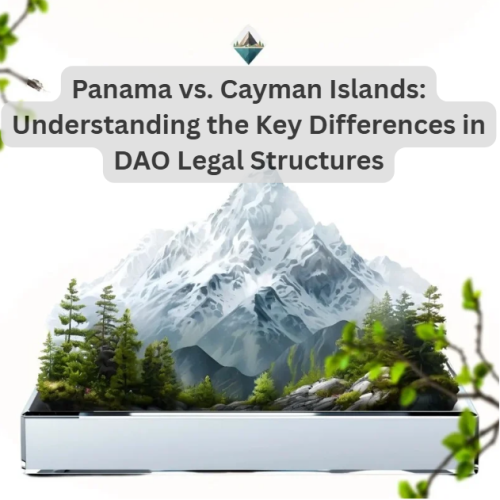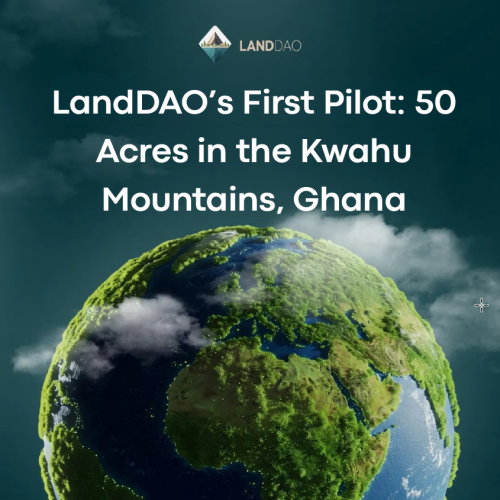The concept of land ownership has remained largely unchanged for centuries, relying on physical deeds, complex paperwork, and often with high barriers to entry. However, with the advent of blockchain, this traditional model is beginning to shift.
Land tokenization, as implemented by LandDAO, involves converting land rights into digital assets on a blockchain — potentially transforming how land is bought, sold, and managed. By enabling more accessible, transparent, and secure land transactions, LandDAO is helping to redefine real estate ownership in the digital age.
This article explores the mechanics of land tokenization, its potential benefits, and the challenges it faces in reshaping the future of land ownership
What is Land Tokenization?
Land tokenization is the process of converting ownership rights of physical land into digital assets represented and managed on a blockchain. These digitized assets, or real-world assets represent the ownership of the land, either in whole or in part. This allows for various ownership models, including full ownership of a land, or fractional ownership where multiple buyers can each own a portion of the property. By tokenizing land, the process creates a digital representation of ownership that can be more easily transferred, divided, or traded on blockchain-based platforms.
How does Land Tokenization Work?
The process of tokenizing land involves several key steps, as illustrated in the following chart:
- Land Assessment & Verification: This step involves land valuation and legal verification. It ensures the land is accurately valued and legally compliant for ownership transfer.
- Ownership Rights & Smart Contract Deployment: Ownership rights of the land are digitized and represented on a blockchain through smart contracts. These smart contracts define the terms and conditions governing the ownership and management of the asset.
- Real-world Asset Offering: The digitized ownership rights of the real-world asset (land) are offered for sale, enabling fractional ownership.
- Asset Management & Returns Distribution: The real-world asset (land) is managed professionally, and any returns (e.g., rental income) are distributed to the owners based on their ownership share.
Benefits of Land Tokenization
Land tokenization offers several compelling advantages:
- Enhanced Accessibility: By allowing fractional ownership, tokenization opens up land investment to a much broader audience. Buyers can now participate in land markets with much smaller amounts of capital than traditionally required.
- Increased Liquidity: Tokenized lands can be traded more easily. The ability to digitize ownership and list assets on blockchain marketplaces provides more opportunities for buyers and sellers to transact, creating a more liquid market.
- Streamlined Transactions and Reduced Costs: The use of blockchain technology and smart contracts simplifies the process of buying, selling, and managing land. This automation reduces the reliance on intermediaries, minimizes paperwork, and cuts down on administrative costs, making transactions more efficient and cost-effective.
Challenges and Risks of Land Tokenization
Despite its potential benefits, land tokenization is not without challenges:
- Technological Risks: As with any blockchain smart contracts, there are security concerns. Smart contracts must be carefully designed and audited to prevent vulnerabilities that could be exploited by malicious actors.
- Market Risks: The introduction of tokenization could potentially increase volatility on land trading markets. The ease of buying and selling digital assets might lead to more speculative behavior.
- Potential for Fraud or Misuse: There’s a need for robust verification processes to ensure that tokenized lands truly exist and are accurately represented. Without proper safeguards, there’s a risk of fraudulent tokenization schemes.
Conclusion
Land tokenization represents a significant leap in the real-world asset sector, leveraging blockchain to streamline and democratize property transactions. By converting land into digital assets, this approach enhances accessibility, liquidity, and allows for fractional ownership, making land investments more attainable for a broader audience.
As this innovative concept continues to evolve, it has the potential to reshape the landscape of property ownership, making it a crucial development.
Join the LandDAO Token Sale Waitlist for First Access to the $LNDAO Token Sale.




